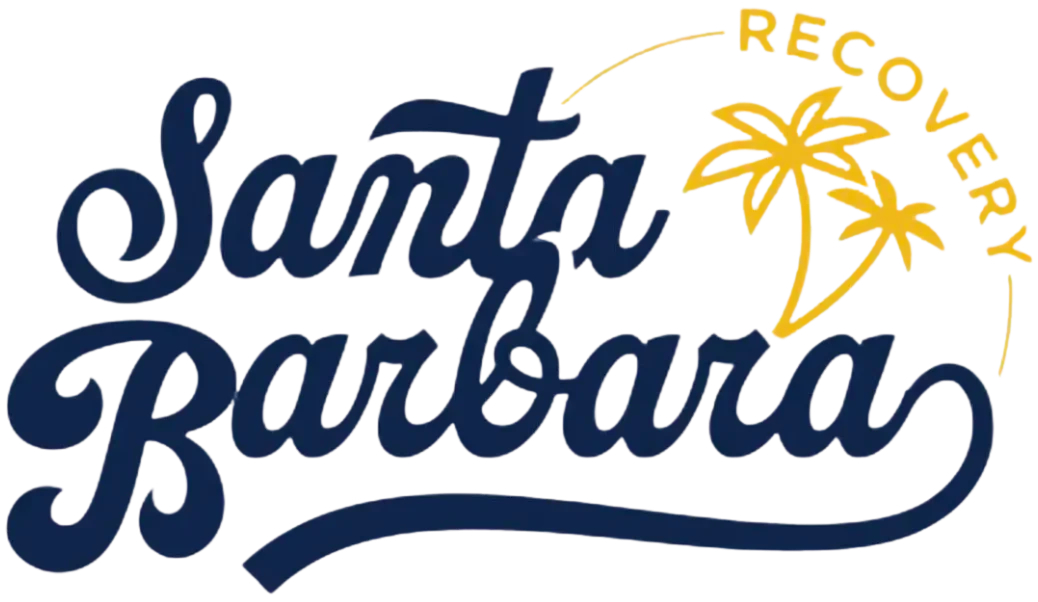Today’s most effective alcohol recovery programs combine evidence-based treatments with cutting-edge technology. You’ll find success through personalized approaches that integrate CBT, trauma-informed care, and virtual support systems. Programs offering flexible care levels, from intensive outpatient to telehealth options, show the highest completion rates. Your ideal treatment path may include AI-driven interventions, VR therapy, and real-time support networks. Understanding these modern treatment options will help you make an informed choice for your recovery process.
Modern Treatment Approaches Reshaping Recovery Success

As alcohol recovery programs evolve into 2025, evidence-based treatment approaches are fundamentally reshaping success rates through optimized levels of care and integrated therapeutic strategies. You’ll find that modern programs now offer flexible outpatient options aligned with lifestyle-driven approaches, allowing you to maintain work commitments while pursuing recovery. Research indicates that integrated treatment combining behavioral therapy, counseling, and medication has improved recovery outcomes by over 65%. Only 2.3 million people received treatment for alcohol use disorder in the past year, highlighting a significant treatment gap.
The integration of ASAM’s tiered care system with culturally sensitive programming has transformed treatment accessibility. Evidence shows that cognitive-behavioral therapy, when combined with medication-assisted treatment, extensively improves outcomes. You’re now able to access all-encompassing care that includes stress management techniques and peer support networks. With program completion rates historically below 42%, new engagement strategies focus on personalized treatment paths. These innovations have led to encouraging results 25% of participants maintain reduced alcohol intake beyond one year. Unfortunately, 95% of addicts who need professional rehabilitation services still do not receive the treatment they require.
Technology’s Role in Personalized Sobriety Programs
Technological innovations have revolutionized personalized sobriety programs, marking a significant advancement from traditional recovery approaches. Through immersive virtual counseling, you’ll access customized treatment plans that combine VR exposure therapy, real-time support, and AI-driven interventions designed for your specific recovery process. The availability of virtual support groups has made recovery more accessible to those in rural areas. Advanced AI algorithms now analyze patient data to create highly individualized treatment recommendations. In-house aftercare through messaging apps provides continuous support between sessions.
Data-driven patient monitoring now integrates wearable technology that tracks your physiological responses and behavioral patterns. You’ll receive instant alerts when stress levels spike, triggering personalized coping strategies and connecting you with support networks. The system’s predictive analytics anticipate potential relapse triggers, allowing your care team to adjust treatment protocols proactively. These technological solutions also make recovery more accessible through cost-effective virtual platforms, ensuring you maintain consistent engagement while receiving culturally adapted support that aligns with your individual needs and circumstances.
Evidence-Based Therapies Leading the Way

Modern evidence-based therapies have transformed alcohol recovery, with five key modalities demonstrating exceptional success rates in 2025. Through structured goal setting and trauma-informed support, you’ll find extensive treatment approaches that address both psychological and physiological aspects of addiction. The evolving field emphasizes treating addiction as a complex medical condition rather than a moral failing.
Evidence-based recovery combines proven therapies with personalized support to address the complex physical and mental challenges of alcohol addiction.
- CBT remains the cornerstone of recovery, helping you identify triggers and develop sustainable coping strategies
- Trauma-informed care recognizes the deep connection between past experiences and addiction, creating safer healing environments
- Psychedelic-assisted therapy offers breakthrough potential for rapid progress when combined with professional guidance
- Holistic treatments integrate traditional therapies with mindfulness, nutrition, and community support
Individual counseling sessions provide personalized guidance to help you understand the root causes of addiction. These evidence-based approaches work synergistically, offering you personalized pathways to recovery while maintaining clinical rigor and measurable outcomes. Your success depends on matching the right combination of therapies to your specific needs and circumstances. FDA-approved medications can be incorporated into treatment plans to help prevent relapse and support long-term sobriety.
Medication Options Transforming Recovery Outcomes
Building upon evidence-based therapeutic approaches, medication-assisted treatment has revolutionized alcohol recovery outcomes in 2025. You’ll find MAT program effectiveness has increased dramatically through the strategic use of FDA-approved medications like naltrexone, acamprosate, and nalmefene, particularly when combined with behavioral therapies. Brief intervention sessions lasting 5-10 minutes provide essential counseling support during early recovery stages.
Your medication adherence strategies may include daily oral tablets, monthly injections, or as-needed dosing depending on your specific needs. Naltrexone blocks alcohol’s pleasurable effects, while acamprosate helps restore brain chemistry balance. For those requiring strict sobriety, disulfiram creates powerful deterrent effects. Studies show that only 24 percent of individuals with alcohol use disorder seek professional treatment, highlighting the importance of reducing barriers to care. These medications work best when integrated with counseling and support groups, creating an extensive recovery framework. Your healthcare provider will monitor your progress closely, adjusting treatment protocols to optimize your success while ensuring safety throughout the recovery path.
Building Long-Term Support Systems for Lasting Change

Successful long-term recovery depends on thorough support systems that integrate digital innovations with traditional community-based networks. Modern addiction prevention initiatives now combine VR therapy platforms, AI-driven coaching, and wearable biosensors to provide comprehensive monitoring and care. Treatment programs increasingly recognize that reduced alcohol use, rather than complete abstinence, can be a valid measure of recovery success. A structured treatment environment ensures daily routines promote healing and minimize potential triggers.
- Telehealth platforms connect you with therapists and peer networks, offering 24/7 access to professional guidance and community support
- Recovery housing initiatives integrate with digital tracking systems to monitor progress while providing stable living environments
- Personalized treatment plans utilize data-driven adjustments based on your biometric feedback and behavioral patterns
- Post-treatment support combines career counseling, life skills training, and alumni networks to maintain sustainable recovery
These integrated systems create an extensive framework for maintaining sobriety while addressing the complex physical, emotional, and social aspects of recovery.
Frequently Asked Questions
How Much Do Modern Alcohol Recovery Programs Typically Cost?
You’ll find program costs vary enormously based on the level of care you need. Outpatient treatment typically ranges from $1,400 to $10,000 for a three-month program, while inpatient care can cost between $3,000 and $10,000 monthly. Treatment affordability depends on factors like location, amenities, and duration. Detox programs start at $250 and can reach $800 for a 30-day period. Insurance coverage can dramatically reduce your out-of-pocket expenses.
What Percentage of People Maintain Sobriety After Completing These Programs?
After program completion rates of 42-70% (varying by facility), you’ll find sobriety maintenance follows a gradual pattern. Research shows 76% maintain sobriety at 3 months, decreasing slightly to 69% at 6 months. Long-term abstinence rates improve considerably with structured aftercare, reaching up to 85% when you participate in 12+ months of support programs. These outcomes highlight the importance of continued post-treatment engagement in your recovery path.
Can I Continue Working While Participating in a Recovery Program?
Yes, you can continue working while pursuing recovery. Modern treatment programs offer flexible scheduling options that accommodate your work obligations through morning/evening sessions and virtual platforms. You’ll find that outpatient programs specifically design their services around employment commitments, allowing you to maintain your career while receiving treatment. Technology-based tools and remote counseling further bolster your ability to balance recovery with professional responsibilities. Extended treatment durations remain accessible through these adaptable structures.
Are These Treatment Programs Covered by Most Insurance Providers?
Most insurance providers cover alcohol recovery programs, but your coverage will depend on specific factors. You’ll need to verify your plan’s requirements, including provider network limitations and preauthorization needs. Basic services like detox, outpatient therapy, and FDA-approved medications are typically covered, while specialized treatments may require supplemental approval. Contact your insurance provider directly to understand your benefits and find in-network treatment facilities that meet your needs.
How Long Does the Average Person Stay in an Alcohol Recovery Program?
You’ll typically spend 28-90 days in inpatient rehab, but for long-term effectiveness, your recovery process often extends beyond 12 months through structured outpatient programs. Your specific duration depends on addiction severity and personal needs. For ideal relapse prevention, you’ll benefit most from completing both formal treatment and aftercare with data showing 85% of those who participate in structured aftercare maintain sobriety for at least one year.





